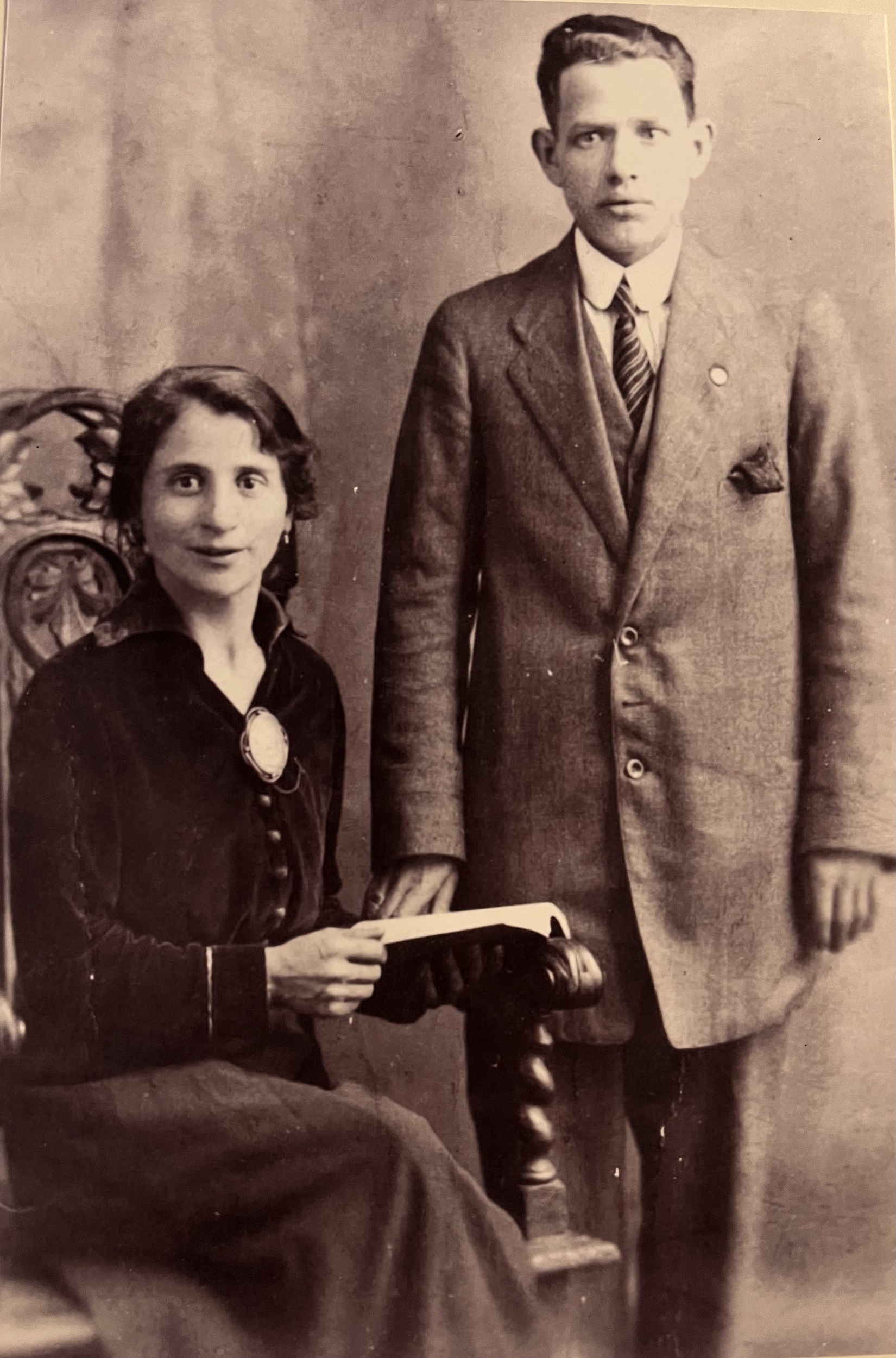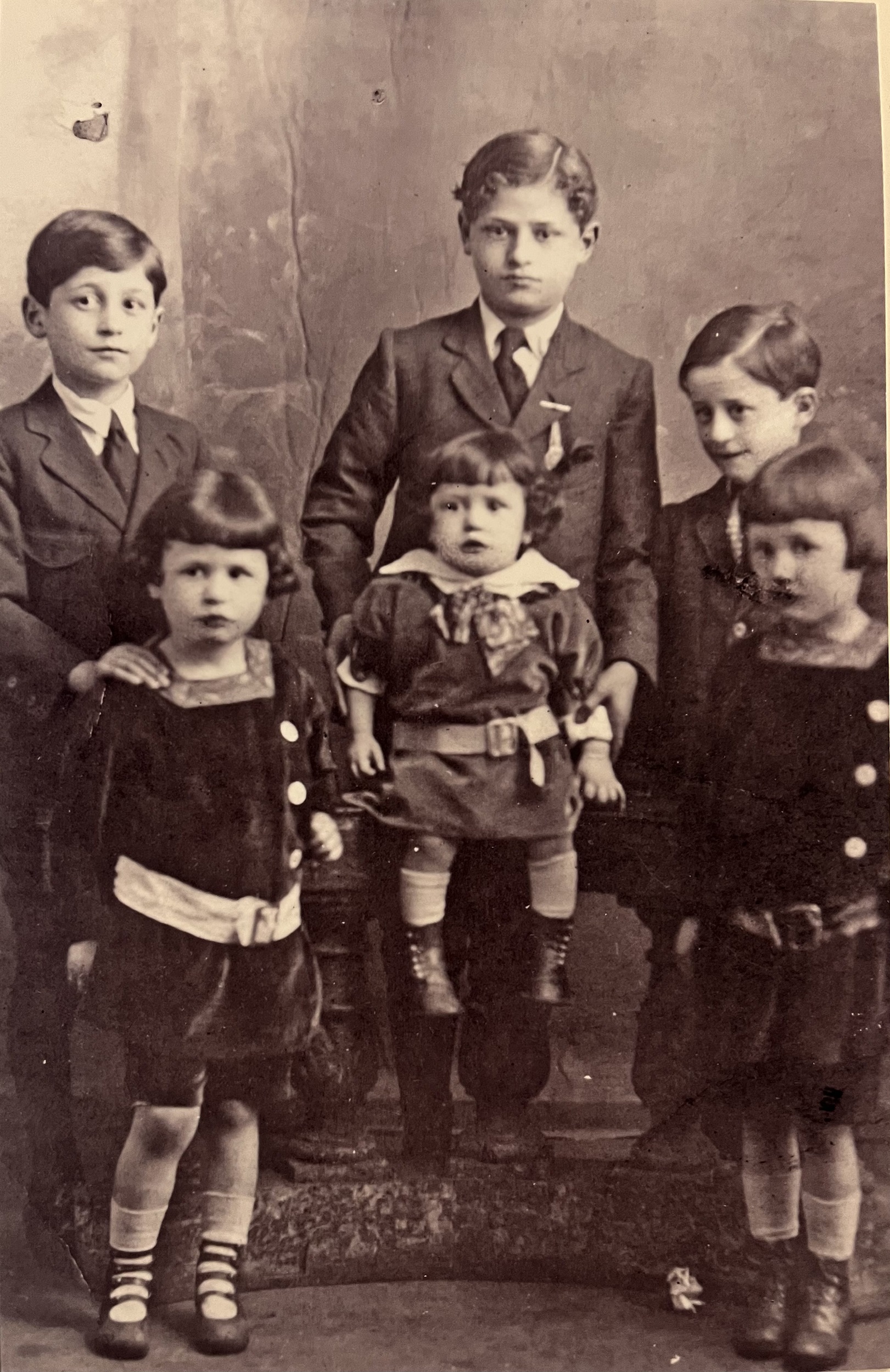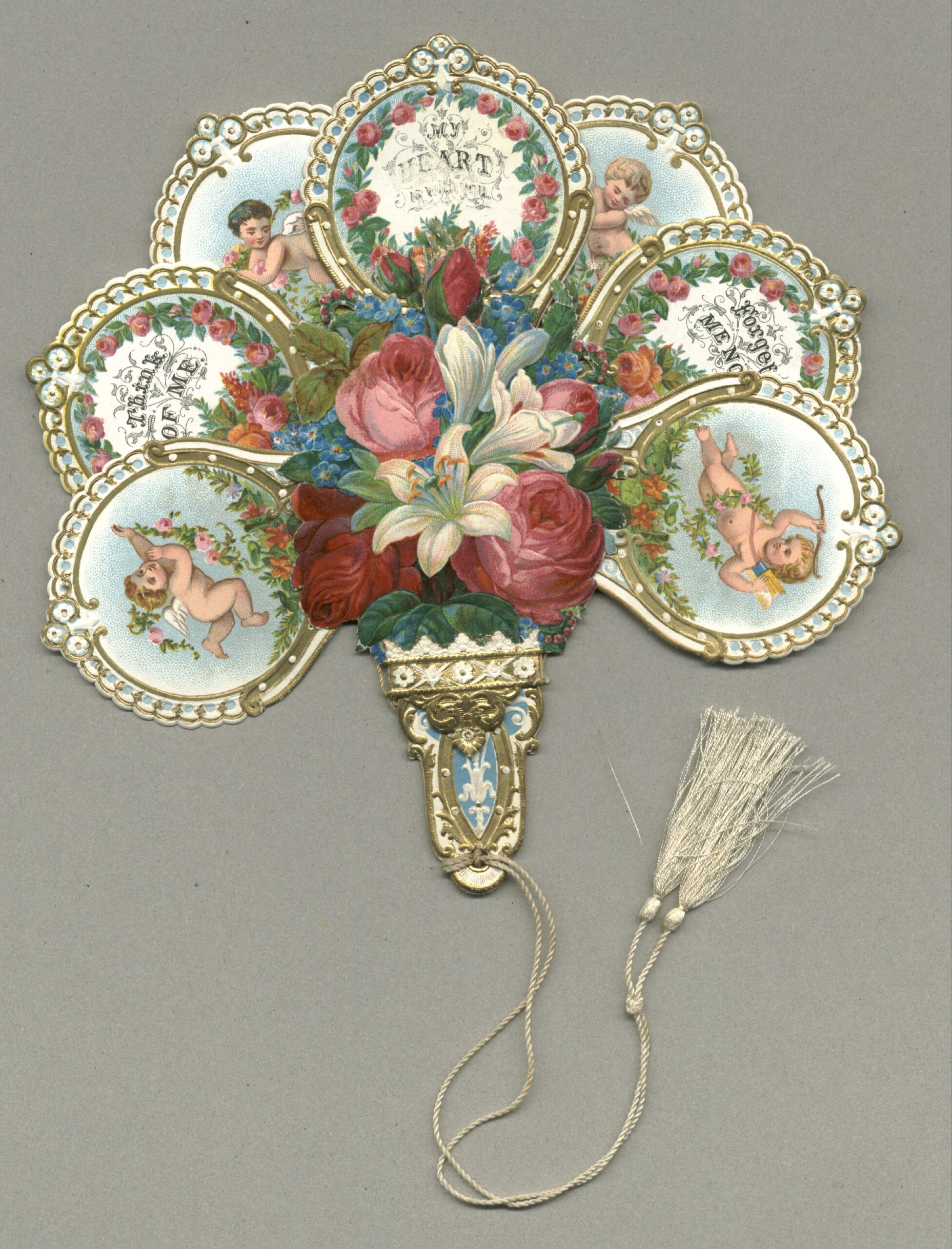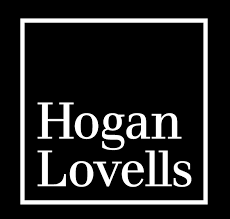Rimmel
The history of Rimmel goes back to 1834, when teenager Eugene Rimmel came to England from France and established a perfumery business in London with his father. At the age of 24, he opened his own flagship store in Regent Street, which sold beautifully packaged perfumes, soaps and bath essences to wealthy elites, including Queen Victoria.
Rimmel was not only an exceptional marketer but also an ingenious innovator. He came up with many new products, including mouth rinses, scented pomades (hair gels), and the first commercial non-toxic mascara, made from petroleum jelly and coal dust.
When Eugene Rimmel died in 1887, his sons took over the company, and control of the company passed out of the family. After the Second World War, Rimmel was nearly bankrupt and, in 1951, it was sold to another migrant family.
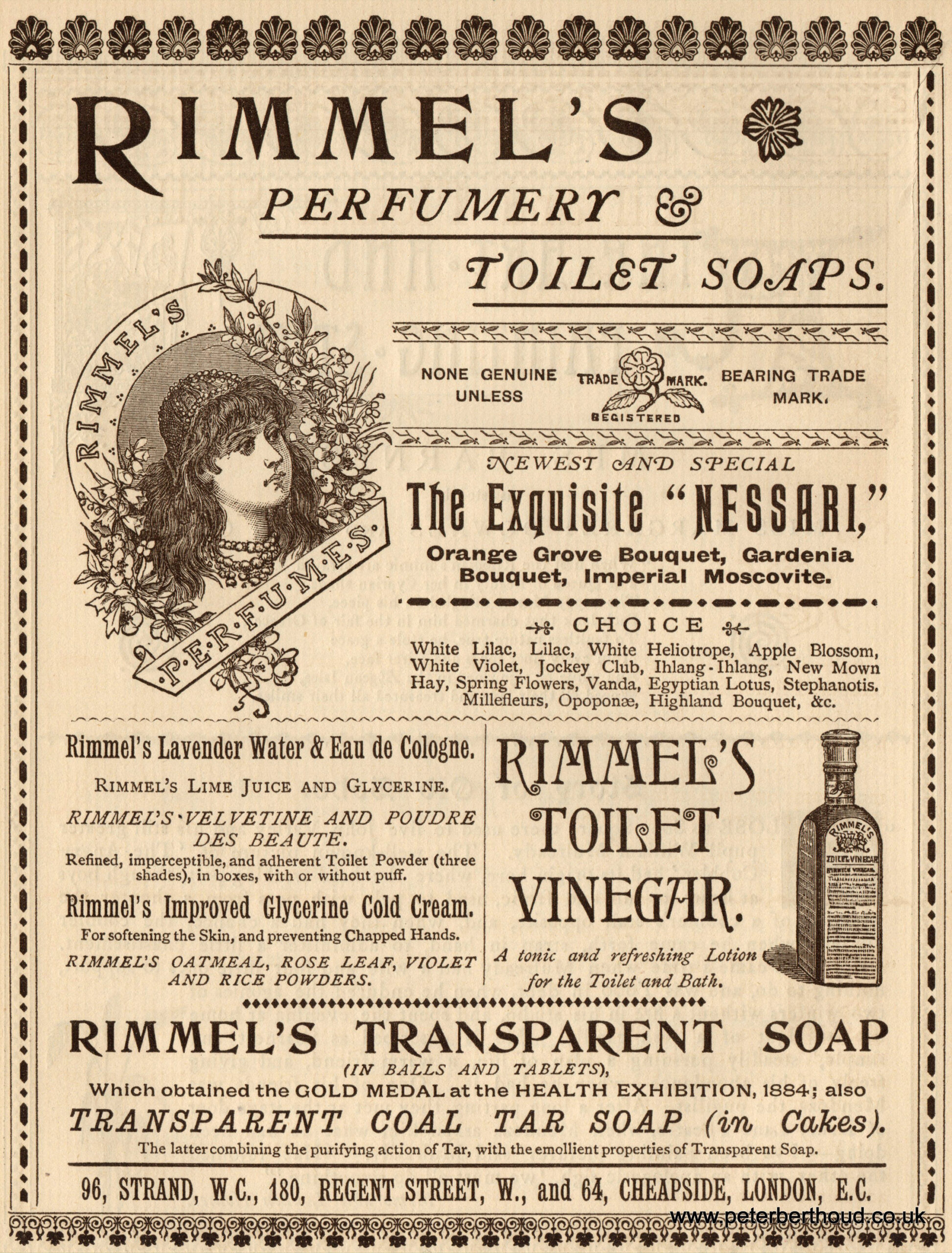
Image: Rimmel advert, late 19th century (Courtesy The Advertising Archives)
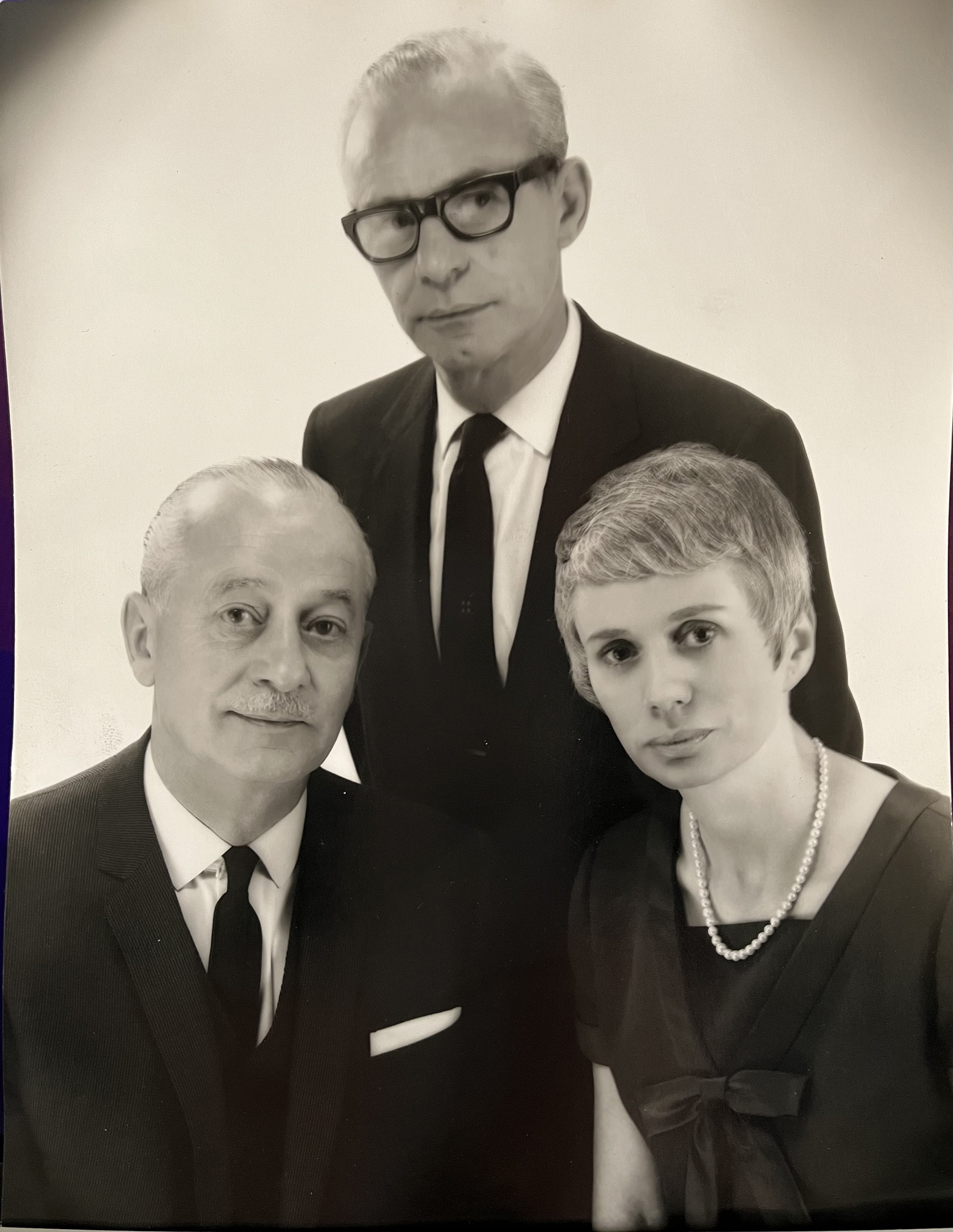
Robert, Jack and Rose (Image: courtesy Sarah Caplin)
Siblings Robert and Jack Caplin and Rose Glazer were born in the East End of London to Jewish parents who had escaped pogroms in Eastern Europe in the early 1900s.
Robert Caplin ran an advertising agency, and Rimmel was one of his clients. When the then owner of the company could not pay his advertising fees, he sold Rimmel to Robert, who brought in his sister Rose to serve as managing director and his brother Jack to look after sales. Rose was responsible for turning around the fortunes of the company and transforming it into Britain’s leading cosmetics brand.
Make-Up Samples
‘When we bought Rimmel, it was a dead duck. It was making very expensive lipsticks and perfumes in even more expensive packaging.
You paid a lot for something you threw away before you even used the product. I got rid of all the frills and frippery, all the bows and ribbons and gold embossed boxes – I knew no modern woman would want that – and designed a range of basic cosmetics with simple containers in a self-serving dispenser which allowed women to easily try the products. One thing we never did was reduce the quality of the ingredients.’
Rose Glazer
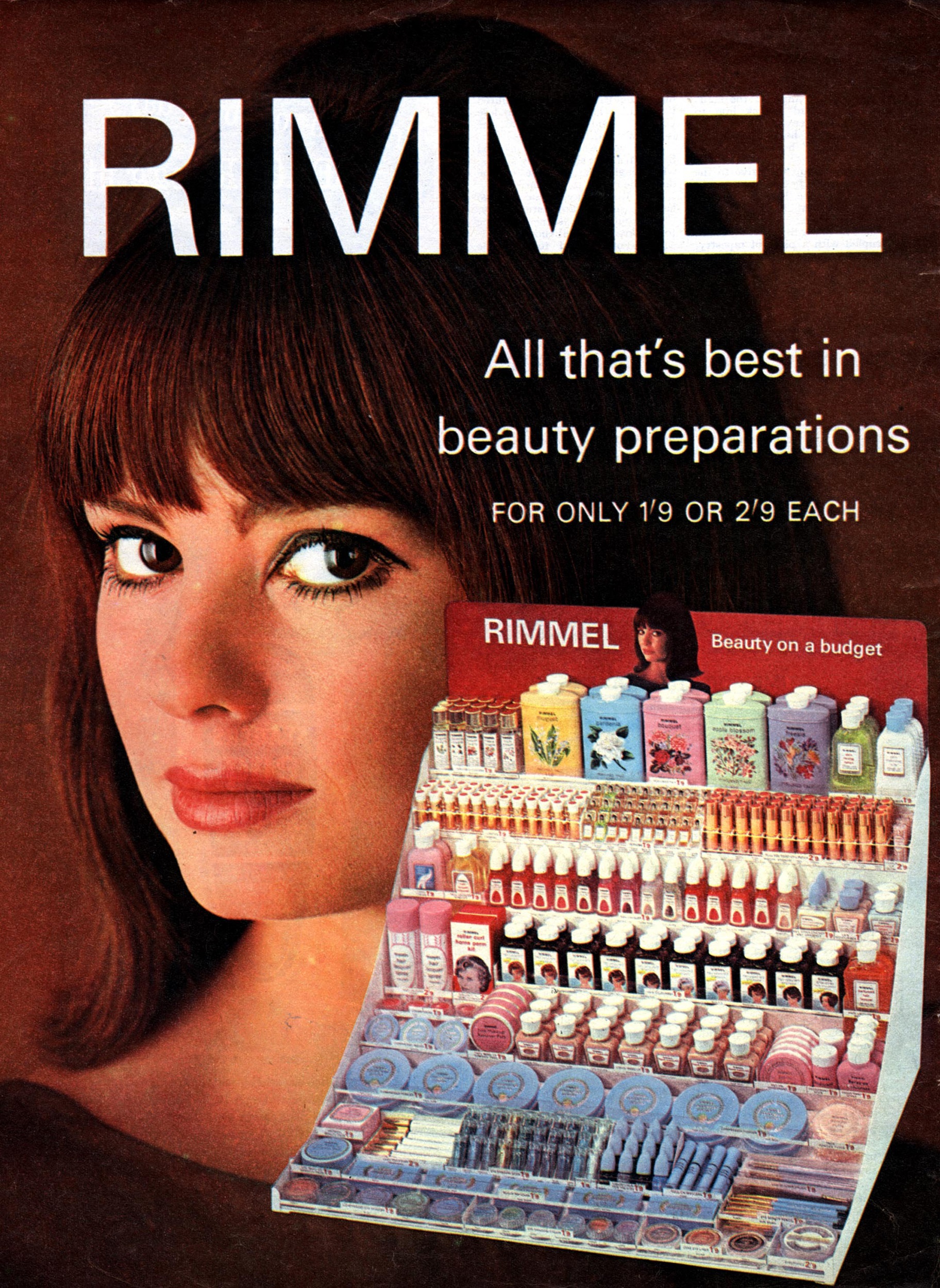
Image: courtesy The Advertising Archives
Rimmel Advertisements
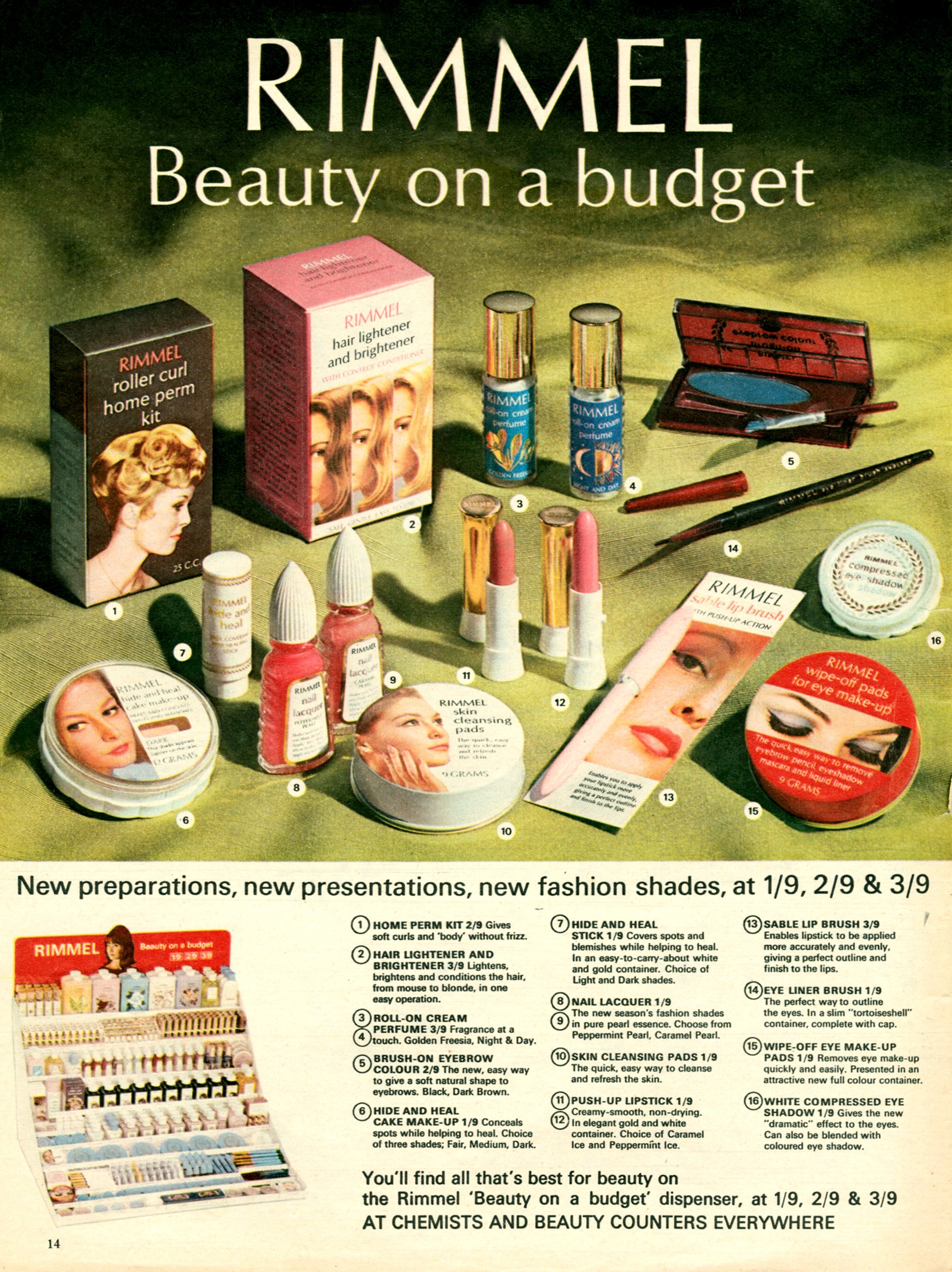
Image: courtesy The Advertising Archives
‘The best way to sell is to tell! Rimmel advertisements do not tell women how to acquire a lover or marry a millionaire.
They tell the facts about Rimmel products – the facts without frills.’
Robert Caplin, Women’s Market Magazine, 1971
Rimmel under Rose’s leadership and with Robert’s marketing flair introduced a range of affordable new products and colours in new packaging that proved popular with British consumers. By the time the family sold the company in 1979, Rimmel was the top-selling lipstick, nail lacquer, blusher and eye make-up brand in the country. Rose continued as managing director until 1983, serving over 30 years in the role.


